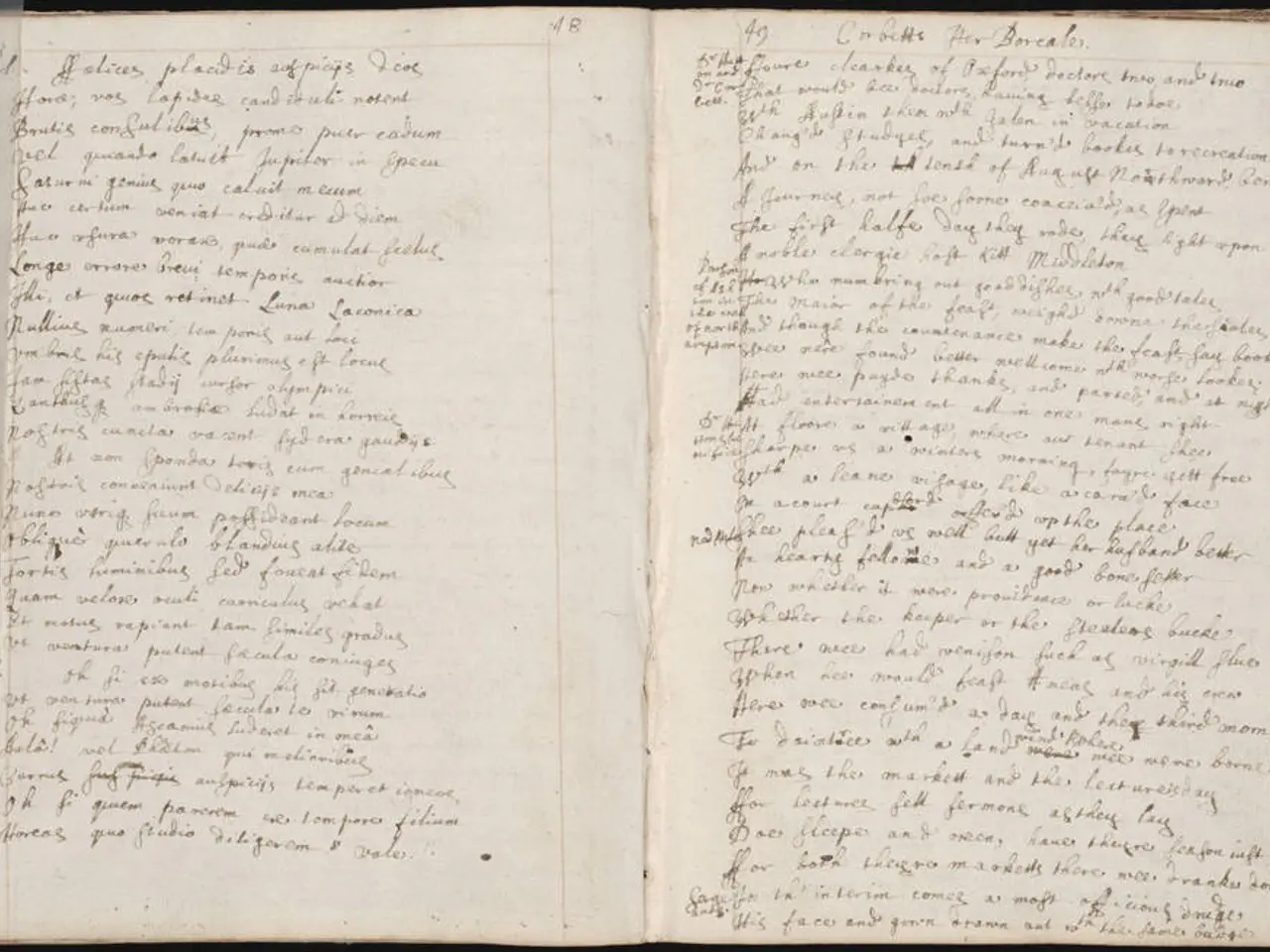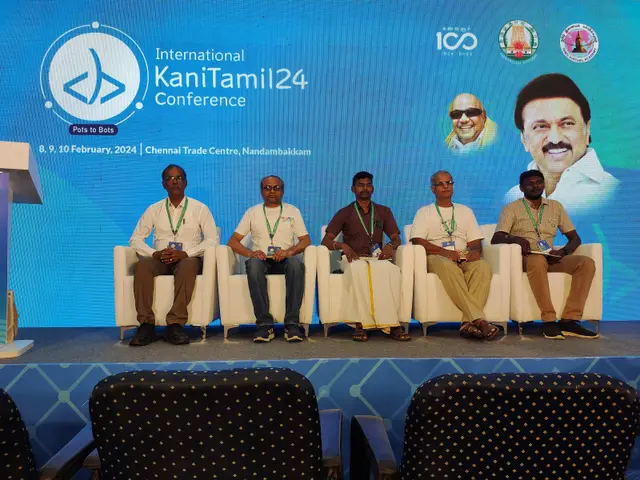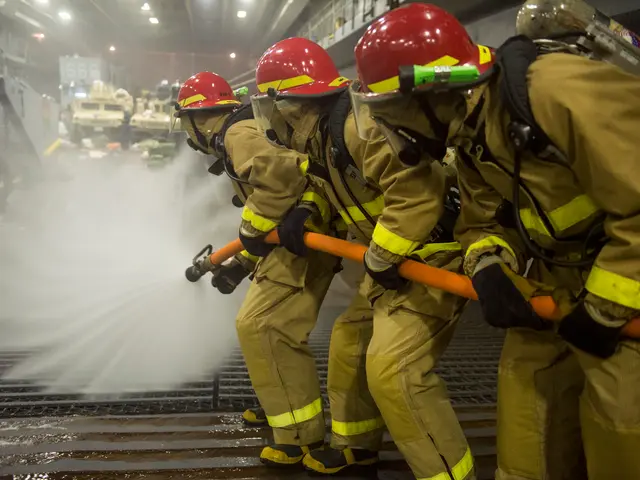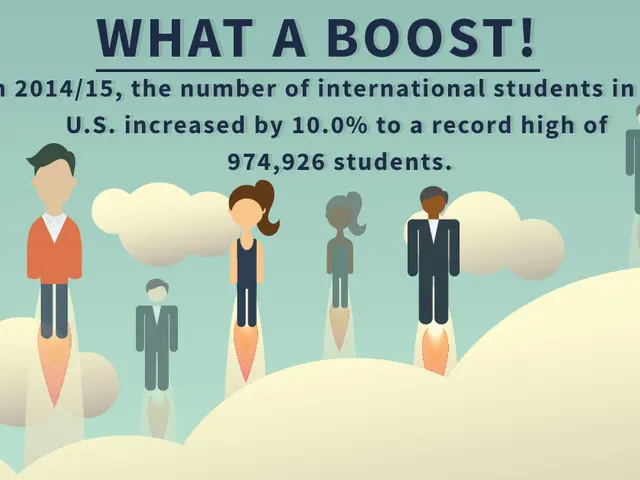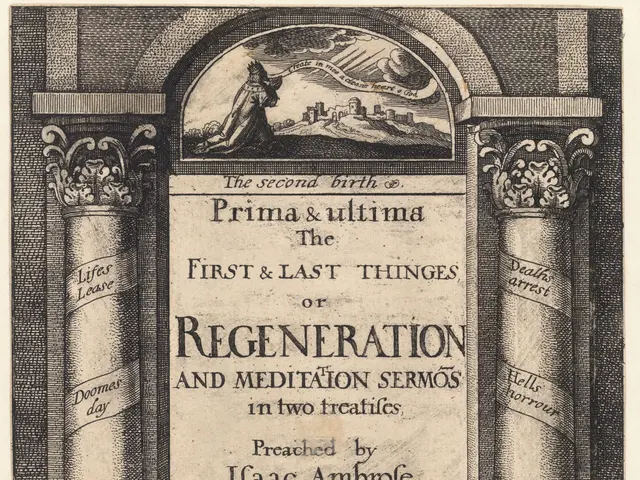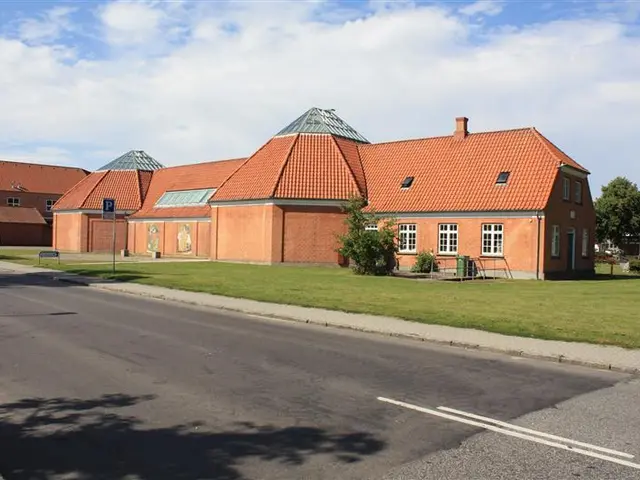Bangladesh educators demand sweeping reforms in national education system
A recent discussion in Dhaka brought together educators and activists to address Bangladesh’s education system. Speakers highlighted the need for reforms, from primary schooling to higher education, while also calling for greater government involvement in funding and policy changes.
The event, organised by Ganosamhati Andolan, aimed to gather input for the party’s upcoming election manifesto.
Economist Mahbub Ullah, a former Dhaka University teacher, stressed that improving primary education was essential for stronger higher education. He argued that early learning gaps create long-term challenges for students.
Rezwana Karim Snigdha, a teacher at Jahangirnagar University, linked educational progress to political stability. She suggested that a more stable political environment would help raise teaching standards and student outcomes.
Zonayed Saki, chief coordinator of Ganosamhati Andolan, proposed that the government should cover all educational costs up to Class XII. He called for free schooling as a democratic responsibility. Abul Hassan Rubel, the group’s executive coordinator, explained that the meeting was part of their process to shape policy proposals ahead of elections.
Participants also urged the government to adopt a more practical and skills-focused education system. They argued that such changes would support the country’s economic and social development.
The discussion highlighted key demands, including free education up to Class XII and reforms at the primary level. Organisers plan to incorporate these ideas into their party’s election manifesto. The proposals now await government consideration as part of broader education policy debates.
Read also:
- Executive from significant German automobile corporation advocates for a truthful assessment of transition toward electric vehicles
- Crisis in a neighboring nation: immediate cheese withdrawal at Rewe & Co, resulting in two fatalities.
- United Kingdom Christians Voice Opposition to Assisted Dying Legislation
- Democrats are subtly dismantling the Affordable Care Act. Here's the breakdown
